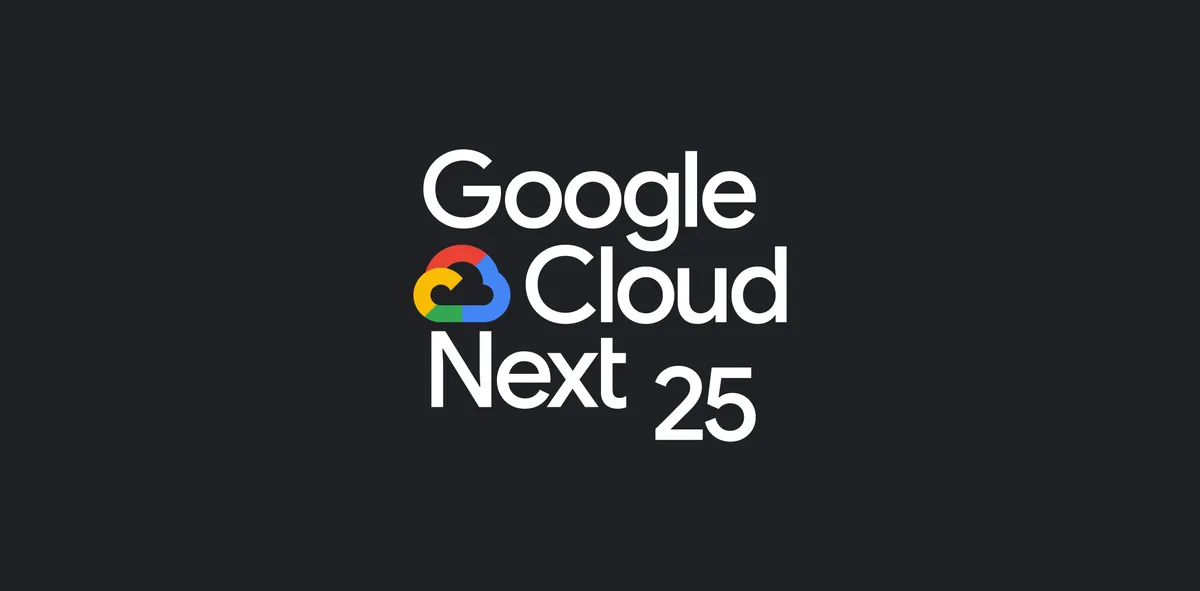Google's Cloud Next '25 event has underscored the company's commitment to leading the charge in artificial intelligence, revealing a suite of advancements poised to redefine how businesses leverage AI. The focal points of this year's event are the enhancements to the Gemini model, the introduction of the groundbreaking Ironwood TPUs, and the unveiling of new AI agent tools designed to empower both developers and enterprises.
A major highlight of Cloud Next '25 is the continued evolution of Google's Gemini models. With over four million developers already building with Gemini, Google is pushing the boundaries of what's possible with AI. The company is focused on making Gemini more powerful, easier to use, and more affordable. The latest iteration, Gemini 2.5 Pro (experimental), is now accessible to all Gemini users and boasts state-of-the-art thinking capabilities with exceptional performance in coding, math, image understanding, and more. Gemini 2.5 Pro is rolling out to the Gemini web and mobile app and is available to qualifying Google Workspace business and education plans. Furthermore, Gemini is set to expand its understanding capabilities by connecting with other Google services like Photos and YouTube, creating a more integrated and intuitive AI experience. Gemini and Google Agentspace search will soon be available on Google Distributed Cloud (GDC), bringing AI to on-premises environments.
To power these increasingly sophisticated AI models, Google has introduced its seventh-generation Tensor Processing Unit (TPU), named Ironwood. Ironwood represents a massive leap forward in AI accelerator technology, designed specifically for the "age of inference." It is the most powerful, scalable, and energy-efficient TPU Google has ever developed. Ironwood delivers a staggering 42.5 exaflops of compute per pod, meeting the exponentially growing demands of the most sophisticated thinking models, like Gemini 2.5. Featuring more than 9,000 chips per pod, Ironwood is engineered to handle the immense computational demands of next-generation AI, including Large Language Models (LLMs) and Mixture of Experts (MoEs), both essential for tasks requiring advanced reasoning. Ironwood's architecture scales up to 9,216 liquid-cooled chips connected through a cutting-edge Inter-Chip Interconnect (ICI) network.
Google Cloud is also placing a significant emphasis on AI agents, viewing them as intelligent collaborators that can streamline operations, reduce inefficiencies, and improve various processes across industries. To facilitate the development and deployment of these agents, Google has announced new tools and services in Vertex AI, including the Agent Development Kit (ADK) and the Agent2Agent (A2A) protocol. The Agent Development Kit (ADK) is a new open-source framework from Google designed to simplify the full stack end-to-end development of agents and multi-agent systems. Agent2Agent protocol enables agents across different ecosystems to communicate with each other, irrespective of the framework or vendor they are built on. Furthermore, Google is enhancing Agentspace, a platform that provides AI-enabled search capabilities and agents to enterprise customers. Agentspace now offers two expert, Google-built agents, Deep Research and Idea Generation - which join previously-available tools like NotebookLM for Enterprise. A new no-code Agent Designer is being added, which allows employees of all technical skill levels to create custom agents for their individual workflows and needs.
In conclusion, Google's AI advancements at Cloud Next '25 demonstrate a clear vision for the future of AI in the enterprise. By enhancing its Gemini models, introducing the powerful Ironwood TPUs, and providing comprehensive tools for AI agent development, Google is empowering businesses to unlock the full potential of AI and drive innovation across industries. These advancements promise to transform the way we work, interact with technology, and solve complex problems in the years to come.

















